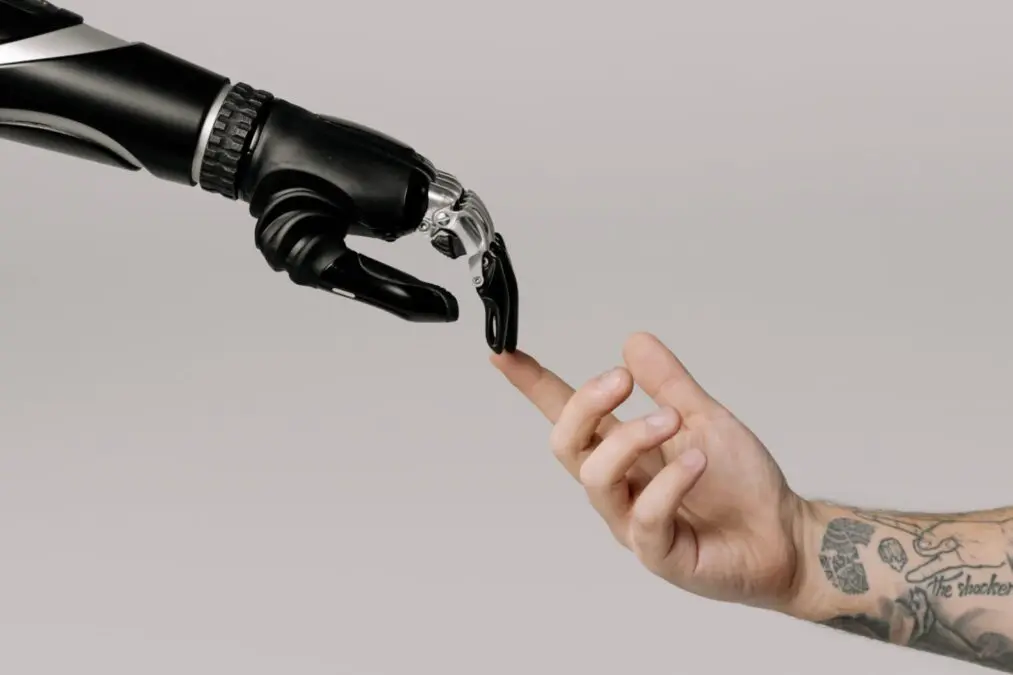It has been found that mental health problems are often reflected in the language used by sufferers
Researchers at the University of Sao Paulo in Brazil are using artificial intelligence and the social platform Twitter to create predictive models for depression and anxiety, which in the future may help detect these conditions before clinical diagnosis. This was reported by the electronic edition “Medical Express”.
The results of the research were published in the magazine “Language Resources and Evaluation”.
The first element of the study is the construction of a database called “SetembroBR”. It contains information from a Portuguese-language text analysis and a network of connections involving 3,900 Twitter users who, before the study, said they had been diagnosed or treated for mental health problems. The database includes all public posts of these users, or a total of about 47 million short text messages.
“First we manually collected the posts, analyzed the tweets of about 19,000 people, equivalent to the population of a village or small town. Then we used two sets of databases – of people diagnosed with mental problems and a randomly selected control group,” said the head of the study by Ivandre Paraboni, a lecturer in the College of Arts, Sciences and Humanities at the University of São Paulo.
In the study, tweets of friends and followers of the participants were collected and analyzed. “These people are attracted to each other. They have common interests,” said Paraboni, who is also a researcher at the Center for Artificial Intelligence.
The second phase of the study is still ongoing, but there are already preliminary results. According to them, it is possible to predict whether a person is prone to develop depression based only on his friends and followers on social networks, without analyzing the content of his personal posts.
Previous research has found that mental health problems are often reflected in the language used by sufferers. Most of these studies analyzed texts in English.
Photo by cottonbro studio:








Kuulostaa epämääräiseltä ja eettisesti ongelmalliselta. Linkkiä ei myöskään tarjota; onko tämä edes vertaisarvoitu?
Nythän on etenevissä määrin niin, ettei mitään Internetistä kerättyä tietoa voi enää pitää validina tieteelliseen tutkimukseen generoivan tekoälyn johdosta (ellei sitten tutki disinformaatiota ja vastaavaa).